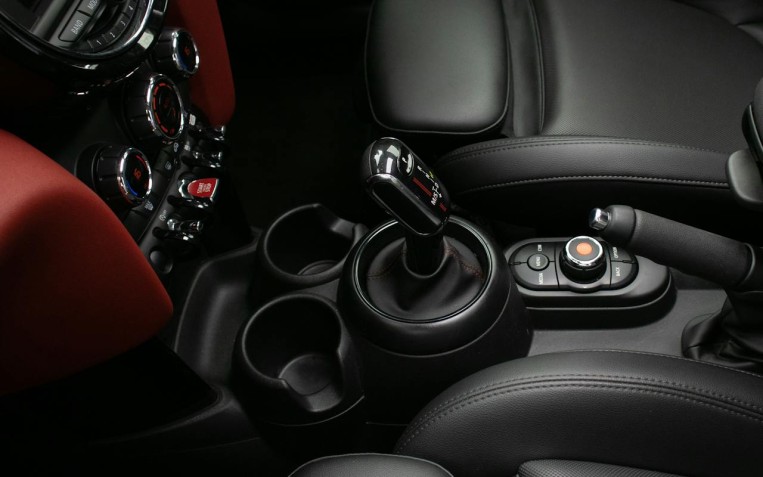What can cause heavy steering?

Heavy steering can be an irritation. But not only can it require more strength to turn your wheel, the causes behind heavy steering mean it could be impacting the safety and performance of your vehicle, too. Learn what can cause heavy steering and solutions to avoid it from our detailed guide.
What is heavy steering?
Heavy steering refers to when the steering wheel of your vehicle becomes stiff, making it difficult to turn. This can be caused by a number of things, such as tyre pressure, lack of fluid oil and tyre alignment. Heavy steering means that it is more difficult to steer your vehicle, and the performance of the car can be compromised by a stiff, unreactive steering wheel. Think you have a problem with your steering? Locate your nearest centre to have your vehicle checked over by our one of our experts.
Steering wheel hard to turn? Learn why
So, what causes heavy steering? Some of the most common reasons behind why your steering feels heavy can include:
- Tyre pressure – often, if your tyres are not pumped up to the recommended air pressure, this can cause heavy steering. This is especially common in underinflated tyres, as it can mean the grip between the tyre and the road surface is compromised due to incorrect tyre pressure, and steering becomes more difficult.
- Wheel alignment – if your wheels are not aligned properly, this can also affect steering. If the front-end alignment is out of place, this can lead to uneven tyre wear on the front tyres – making the vehicle pull to the side, which can create heavy steering.
- Lack of fluid oil – lack of fluid oil in your vehicle, or a fluid leakage, can lead to heavy steering. If there is a lack of fluid oil, or a leak, this can reduce the pressure in the system, meaning the steering wheel does not receive enough supply of fluid to perform freely.
- Thick fluid oil – on the other hand, thick fluid oil can lead to problems, too. Powering steering fluid can collect debris and dirt over time, which can mean it becomes too thick to flow freely and lubricate all parts of the system. This is a common cause for heavy steering at low speeds.
- Irregular servicing – when was the last time you booked in for a car service? Without having your vehicle regularly serviced, it means important checks, like the above, will get missed, and you’ll be unaware that you have a problem. Book in for your next car service with PTA Garages today.
How to avoid heavy steering wheels
However, heavy steering is preventable in some cases. A few of the ways to avoid issues with your steering can include:
- Checking your tyre pressure
- Identifying any tyre damage that could be affecting steering
- Checking wheel alignment
- Checking the fluid level of your vehicle
- Booking in for your car service
If you have any further questions on what can cause heavy steering, or if your steering has become heavy and you need some support, get in touch with a member of our expert team. Locate your nearest PTA Garage today for any motoring support.
Related Content

Should I have soft or stiff suspension springs for my vehicle?
Suspension springs are essential for maintaining your vehicle’s stability and ride height. Over time, the springs will succumb to wear and tear, which affects how your car handles, brakes and accelerates on the road. Discover whether you should...

What is engine braking?
Engine braking involves taking your foot off the accelerator pedal, allowing your car to slow down. Over time, the parts on your vehicle’s braki...

A guide to the different types of car clutches
The clutch is responsible for channelling the power from the engine, through to the gearbox, and the wheels. Your vehicle's clutch will differ dependi...

